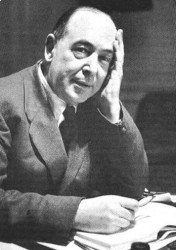I Act to Be Passive: an Introduction to Introspection
Why an introduction to introspection? Why should we inspect ourselves? Because:
And why beholdest thou the mote that is in thy brother’s eye, but considerest not the beam that is in thine own eye?
—Matthew 07:03 (King James translation)
If you wish to understand others you must intensify your own individualism.
–Oscar Wilde “The Critic as Artist – Part II” (1891)
There’s an old cliche I used to hear often at church, although, it could be applied to most secular settings: “I’m sick and tired of being sick and tired.” This cliche is not quite a tautology, not quite Russell’s paradox, but what is the formula behind it and similar phrases? It seems strange but feels true to say:
I love to be loved,
I hate to be hated,
I want to be wanted,
I need to be needed,
I desire to be desired,
I smile to be smiled at.
All of the above seem to say: “I purpose to be purposed.”
In a grammatical sense, I act to be passive–yet I don’t pacify to be active–I don’t pacify to be acted upon–and I don’t pacify to be activated.
But there is another arrhythmia in this logarithm. For it does not make sense to ask:
Do I really:
–play to be played?
–pay to be paid?
–drive to be driven?
–grow to be grown? (Maybe)
–sleep to be slept? or wake to be awakened?
–write to be written?
–read to be read?
–live to be lived?
–eat to be eaten? (Like cattle)
–keep to be kept? (Like The Birdman of Alcatraz?)
–clean to be cleaned?
–search to be searched? (Is that not an introduction to introspection?)
–touch to be touched? or feel to be felt?
–see to be seen? or hear to be heard?
–create to be created? or dream to be dreamed?
–destroy to be destroyed? or take to be taken?
–call to be called?
–judge to be judged? (which is the utter opposite of Matthew 07:01)
–ask to be asked?
Certainly I do not lie to be lied to.



